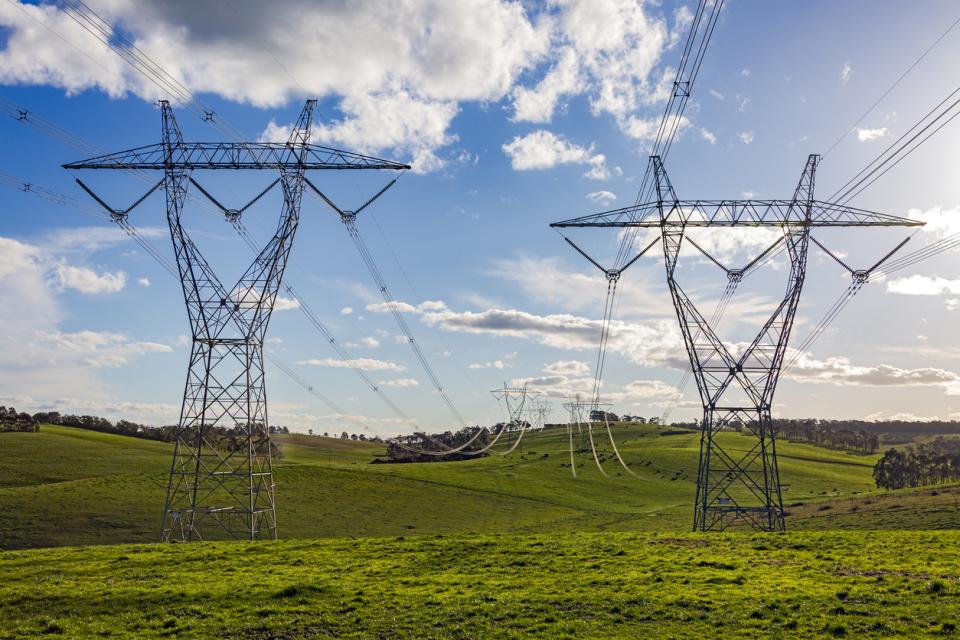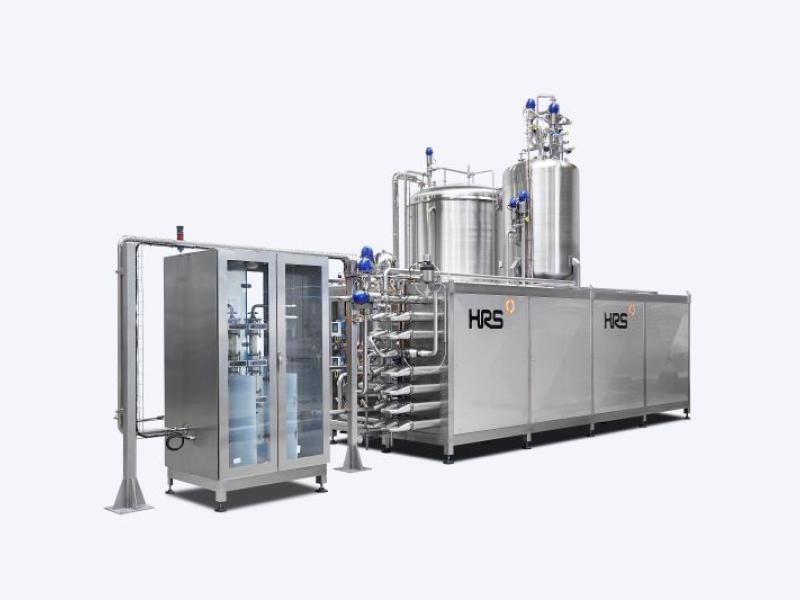Courtesy Bioenergy NZ
Ensuring a reliable and steady electricity supply across New Zealand - powered by renewable energy - requires a coordinated and collective effort. By nature, renewable resources such as solar and wind are variable in their availability. Generating electricity from these sources involves multiple stakeholders, each with their own investment goals and expectations of return.
To manage variability in electricity supply, particularly from wind and solar, we need mechanisms to smooth out fluctuations in both quantity and quality. This is where bioenergy - through gaseous, liquid, and solid biofuels - plays a critical role. Controllable, on-demand electricity generation is increasingly valuable and bioenergy is ideally suited to meet this need.
In the current electricity system, Huntly Power Station supports hydro generation during dry years. Genesis Energy is already progressing efforts to replace coal at Huntly with biofuels.
Solar and wind energy can be firmed with stored hydro, but New Zealand’s hydro storage capacity is limited. In these cases, fast-responding gas turbines maintain electricity reliability. By replacing natural gas with biomethane, this firming capability can be preserved sustainably.
Prioritising biofuels for heat generation in manufacturing and food processing makes strategic sense. Heat applications are where bioenergy is most efficient and cost-effective. Using biofuels for heat frees up electricity for applications better suited to electrical energy. Furthermore, solid and gaseous biofuels can be locally sourced, supporting regional circular economies and increasing resilience of electricity supply.
When food processors recycle their own organic residues to make biogas, they also gain a competitive commercial advantage through managing future energy supply risk. Using a mix of biofuels and electricity avoids the risk of having “all their eggs in one basket”.
Increasing domestic processing of logs - currently exported at low value - can yield more residues for biofuel manufacture. This not only delivers higher returns to forestry and farming sectors but also reduces demand for electricity, allowing the electricity to be redirected to higher-value uses.
If New Zealand is to achieve a reliable least-cost and renewable energy future, we must fully integrate bioenergy into the national strategy. Bioenergy is not just a backup - it's a backbone for resilient, sustainable electricity.






